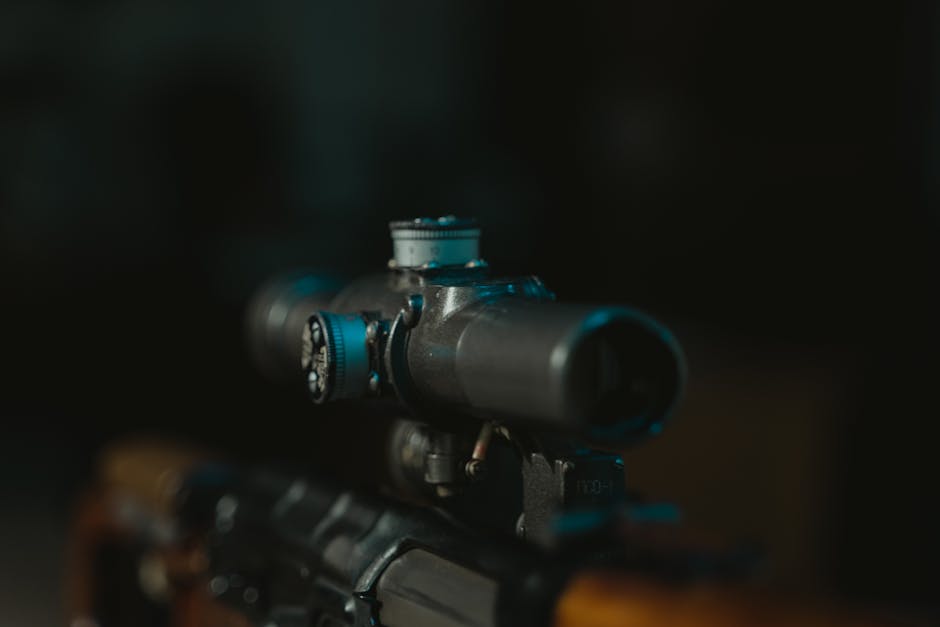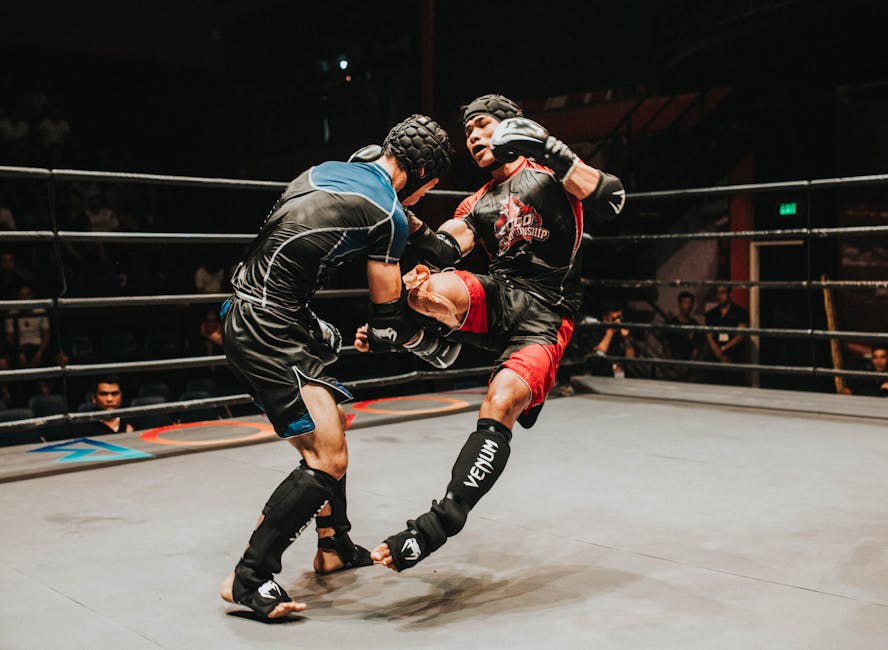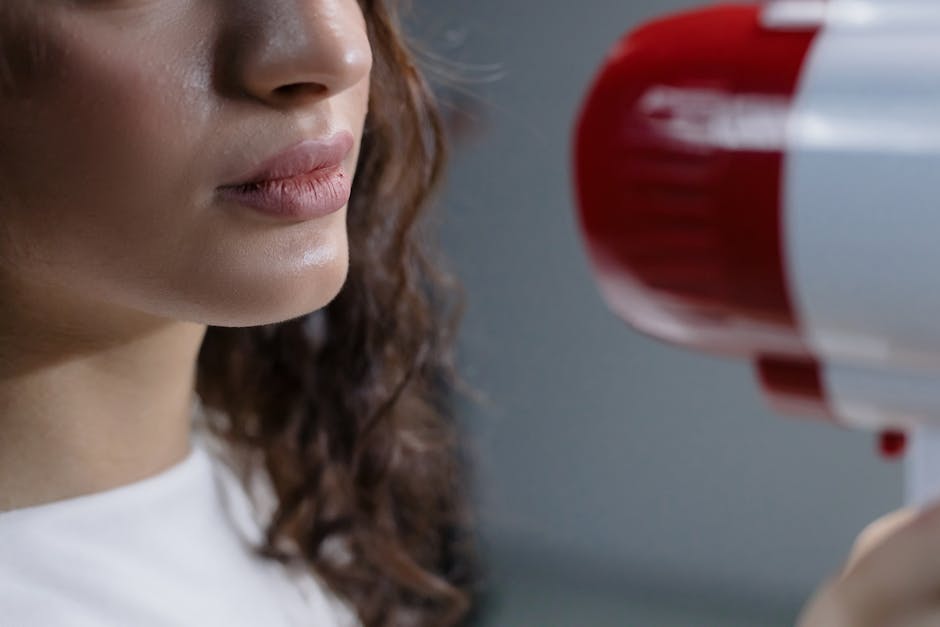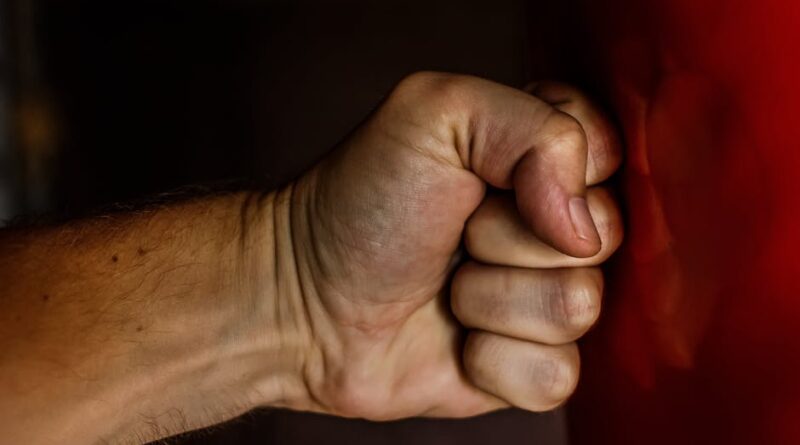The Impact of Media on Criminal Defense
Have you ever wondered how much the media influences a criminal trial? From sensational news reports to social media buzz, the impact is real and often profound. In today’s world, the role of media in criminal defense is more important than ever.
What Do We Mean by Media Influence?

Media influence refers to how news outlets, social media, and other platforms shape public perception. This influence can affect the opinions of jurors, the strategies of defense attorneys, and even the outcome of a trial.
For example, if a high-profile case receives extensive media coverage, it can sway public opinion. This can make it harder for a defendant to get a fair trial. The question is, how does this happen?
How Does Media Coverage Affect Public Perception?

Public perception plays a huge role in criminal cases. When the media covers a crime, it often highlights certain aspects while ignoring others. This can create a biased view. Here are some key points:
- Framing: How news stories are presented can shape opinions. A headline that reads “Murderer Released” creates a different feeling than “Accused Man Found Not Guilty.”
- Repetition: The more a story is repeated, the more likely it is to stick in people’s minds. This can lead to a skewed understanding of the facts.
- Emotion: Media often uses emotional language and images to grab attention. This can manipulate feelings and lead to snap judgments.
In high-profile cases, like the O.J. Simpson trial, extensive media coverage influenced public opinion significantly. Many people had formed strong opinions before the trial even began.
What Are the Risks of Media Influence on Trials?

Media influence poses several risks for defendants. Here are a few:
- Jury Bias: Jurors are supposed to be impartial. However, if they’ve seen extensive media coverage, their views may be influenced.
- Trial by Media: Sometimes, a case is decided in the court of public opinion before it even reaches a courtroom.
- Pressure on Defense: Defense attorneys might feel pressured to alter their strategies based on media portrayal, which may not always be beneficial.
These risks can lead to unfair trials. A defendant may not receive the justice they deserve due to the medias influence.
Can Media Coverage Help Criminal Defense?

While media can pose risks, it can also help in some cases. Let’s explore how:
- Raising Awareness: Media coverage can bring attention to wrongful convictions or injustices. This can lead to public outcry and sometimes even legal changes.
- Community Support: A well-publicized case can rally community support for a defendant. This can result in a more robust defense.
- Investigative Journalism: Sometimes, journalists uncover new evidence or details that can aid a defense. Their work can shine a light on important issues that might have otherwise gone unnoticed.
For instance, documentaries have helped exonerate many wrongfully convicted individuals by showcasing new evidence.
What Role Does Social Media Play?
Social media adds another layer to how the media impacts criminal defense. Platforms like Twitter, Facebook, and Instagram can spread information rapidly, but they can also spread misinformation.
Here are some effects of social media on criminal cases:
- Instant News: Social media provides real-time updates. This can keep the public engaged but can lead to quick judgments without full context.
- Viral Opinions: A video or post can go viral, shaping public opinion almost overnight. This can create a wave of sentiment that affects a case.
- Pressure on Legal Teams: Defense attorneys may feel the need to respond to social media commentary. This can distract from their core focusdefending their client.
How Do Defense Attorneys Navigate Media Challenges?
Given the potential risks and rewards of media coverage, how can defense attorneys navigate these challenges? Here are some strategies:
- Media Training: Many defense teams undergo media training. This helps them communicate effectively and avoid pitfalls.
- Public Relations: Hiring PR professionals can help shape the narrative and counteract negative portrayals.
- Control the Message: Some attorneys may choose to share their clients side of the story proactively. This can help mitigate bias in the media.
By being proactive, defense teams can sometimes turn the media tide in their favor.
What Are the Legal Implications?
Media coverage also has legal implications. Courts may impose restrictions on what can be reported during a trial. Here are some reasons why:
- Fair Trial Rights: The Sixth Amendment guarantees a defendant the right to a fair trial. If media coverage is too biased, it can threaten this right.
- Gag Orders: Courts may issue gag orders to restrict what parties can say to the media during a trial. This aims to prevent prejudice.
Legal experts frequently debate the balance between free speech and the right to a fair trial. This debate continues to evolve, especially in high-profile cases.
What Can You Do as a Consumer of News?
You can play a crucial role in navigating media narratives. Here are some actionable takeaways:
- Stay Informed: Seek out multiple sources of information. don’t rely solely on one outlet.
- Verify Facts: Check the accuracy of what you read online, especially on social media.
- Engage Thoughtfully: Share information responsibly. Understand the potential impact of spreading misinformation.
By being an informed consumer, you can help combat the negative effects of biased media coverage.
Conclusion: The Media’s Double-Edged Sword
The media’s impact on criminal defense is complex. While it can bring attention to important issues and help in some cases, it can also skew public perception and threaten the right to a fair trial. Understanding this influence is crucial for everyonedefendants, attorneys, and consumers of news alike.
If you’re interested in learning more about the intersection of media and legal processes, check out this informative article on legal resources: How Do Criminal Cases Work?
In a world where information is just a click away, being aware of media influence is more vital than ever. Let’s strive for fairness, truth, and justice in our legal system.

